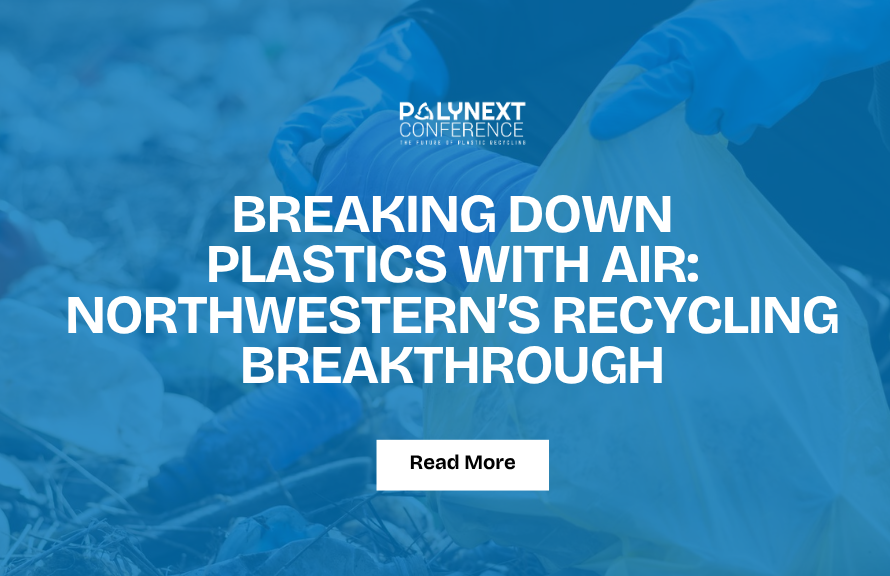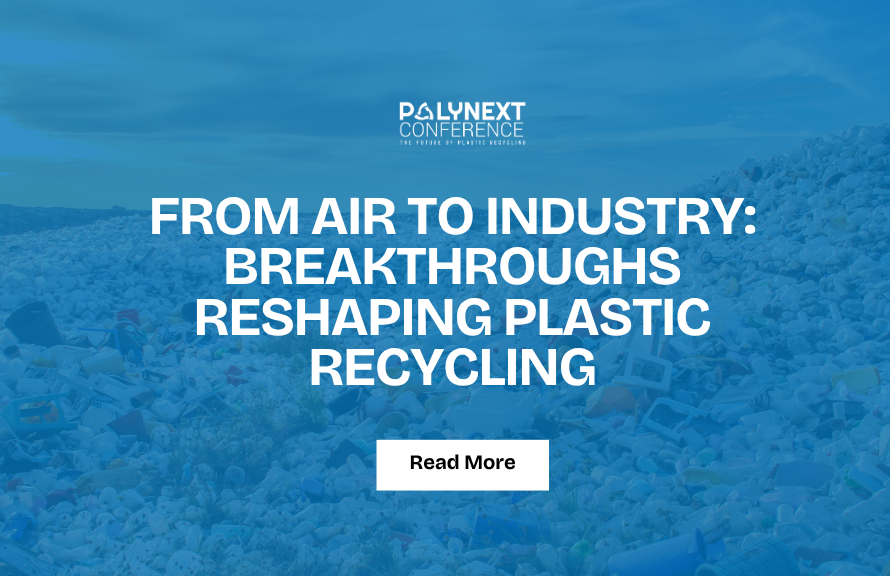By 2025, plastic recycling will be reshaped by rapid technological advancements, evolving regulations, and a surge in sustainability awareness among consumers. Key trends driving this transformation include:
Chemical Recycling Expansion: Technologies like pyrolysis and depolymerization are enabling the recycling of complex and degraded plastics, beyond the reach of traditional mechanical methods.
AI and Automation:
Artificial intelligence and automation are making sorting systems smarter and faster, setting the stage for full-scale transformation across the recycling chain.
Decarbonization Efforts: With a focus on lowering carbon footprints, innovations such as energy-efficient pyrolysis and advanced gasification are gaining traction.
Regulatory Drivers: Stricter laws worldwide—especially in Europe—are mandating higher recycling rates and greater use of recycled content in products.
Advanced Mechanical Recycling: AI-supported robotics are helping mechanical recycling deliver better quality output at lower costs.
Sustainable Materials: Biodegradable plastics like PLA and PHA, along with recycled resins, are becoming key components in manufacturing.
Transparency and Traceability: Technologies such as blockchain are improving the visibility of materials throughout the recycling supply chain.
AI: The Game Changer in Plastic Recycling
Artificial intelligence (AI) is set to revolutionize plastic recycling, making recycling smarter, more efficient, and scalable.From real-time sorting and predictive maintenance to supply chain optimization, AI is leading the way into a smarter, circular economy.
1. Automating and Enhancing Sorting
AI-powered systems using machine learning and computer vision can identify, sort, and separate plastics with unmatched accuracy and speed. These systems reduce contamination, enhance the quality of recyclables, and enable efficient processing of complex or mixed waste streams.
2. Real-Time Data Analysis and Process Optimization
AI continuously monitors operations, identifying bottlenecks and inefficiencies. It enables dynamic adjustments in real time—boosting throughput, reducing costs, and maintaining consistency.
3. Reducing Manual Labor and Costs
AI automation decreases reliance on manual labor, lowers operational costs, and ensures minimal downtime while increasing output.
4. Predictive Maintenance
AI systems can predict equipment failures before they happen, reducing unplanned downtimes and maintenance expenses. This ensures smoother recycling processes.
5. Optimizing Supply Chains and Demand Matching
AI connects recyclers with processors, optimizing material flow and pricing by analyzing real-time supply and demand data.
6. Enhancing Traceability and Transparency
Integrating AI with blockchain improves traceability throughout the recycling chain, promoting accountability and reducing contamination risks.
Case Studies: AI in Action
Recycleye and Project ADER–Boosts accuracy in sorting films and flexible packaging.
Recycleye’s AI, combined with near-infrared (NIR) technology, significantly improves sorting accuracy—especially for films and flexible packaging. With a visual database of over 2.5 million items, the system has led to 30+ global installations.
Greyparrot– Tracks up to 89 material types in real-time
This AI-NIR hybrid system identifies up to 89 material types at the SKU level, offering real-time data on waste composition. It helps optimize recycling rates and supports brands in achieving sustainability goals.
STEINERT and RE Plano– Enables precise PE and PP separation
AI-enabled sorting at RE Plano allows for precise separation of PE and PP by color and material, enabling high-quality, closed-loop recycling.
Conclusion
As AI continues to reshape the plastic recycling industry, events like PolyNext 2025 will play a crucial role in showcasing these advancements. Set to be a landmark gathering of innovators, policymakers, and industry leaders, PolyNext 2025 will spotlight the latest AI-powered solutions driving circularity in plastics. From intelligent sorting systems to blockchain-based traceability tools, the event will emphasize how smart technologies are closing the loop on plastic waste. It will serve as a global platform to accelerate collaboration and inspire actionable strategies for a more sustainable future.




